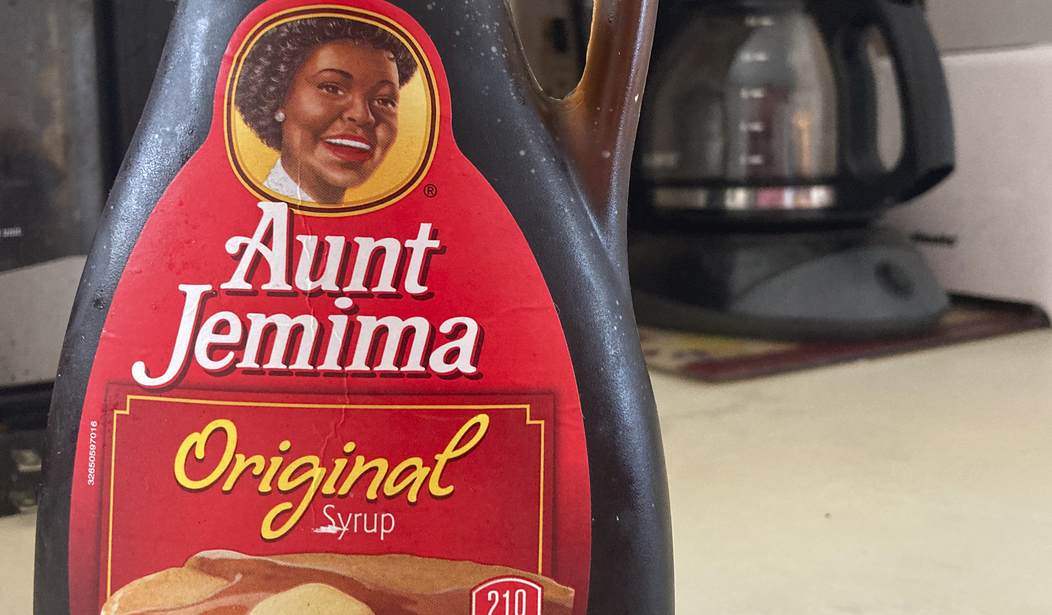Back in June, Quaker Oats announced that it would retire the Aunt Jemima brand for its pancake mix. In so doing, they’re erasing a bit of American history that wasn’t offending anyone and had some key supporters.
I’ll write about them here one more time before they’re forgotten.
Nancy Green was born a slave in Kentucky but thanks to pancakes she became an advertising pioneer. Green one of the world’s first brand influencers. She brought the Aunt Jemima character to life back in 1893 and made a good living portraying Aunt Jemima until her death in the 1920s. As I wrote of her back in June:
Not only was she free, America would make her famous, and products with her face on them would be in just about every kitchen in the country. Green was an overcomer who used her position and the money it paid her to become an activist and a Christian missionary when she moved to Chicago.
Why throw her away?
Another early brand influencer was Lillian Richard of Hawkins, Texas. She picked up the Aunt Jemima mantle in 1925 and ran with it until 1948. Both women were black. Both women were successful at what they did as ambassadors for a brand and for who they were. Richard’s family still live in around Hawkins, and they opposed Quaker canceling their relative’s contribution to the Aunt Jemima brand and American culinary history. Texas has twice honored Richard’s legacy:
In 1995, the Texas Legislature named Hawkins the “Pancake Capital of Texas” honoring Richard for her 23-year career portraying Aunt Jemima. Near Hawkins, the state placed a historical marker hailing Richard in 2012.
Now what? The praise for Richard and Green and the support from Richard’s family didn’t matter. Quaker has now changed the brand to…Pearl Milling Company. They make a valiant attempt at explaining the new brand.
“Though new to store shelves, Pearl Milling Company was founded in 1888 in St. Joseph, Missouri, and was the originator of the iconic self-rising pancake mix that would later become known as Aunt Jemima,” the company said.
Ok. It’s also boring, which may be why the company put a face on the brand within a few years of originating the pancake mix. Consumers naturally trust a person’s name and a friendly face more than they tend to trust something that sounds like a machine. The icon was the face of the batter — Aunt Jemima. Yes, the character originally grew out of minstrel shows that were racist. But no one living ever saw those shows and the character and brand had been successfully disassociated from them for decades. Quaker had updated the character over the years to rid it of any lasting suggestions of minstrel shows. In her last iterations she was just a pleasant, smiling face. The Aunt Jemima brand stood for quality and for family breakfasts for a long time, and probably gave customers of all backgrounds a positive view of black women. It’s just hard to hate someone who’s smiling at you and offering you delicious pancakes.
Now the new brand may find itself competing with Bob’s Red Mill for mindspace, and Bob’s probably gonna win that one. That brand has a name and a face attached to it. Who’s Bob? Who cares? He has a jaunty cap and a red mill and seems like a decent old guy. He stands by his buttermilk pancake mix. Quaker, owner of the former Aunt Jemima brand (and a company itself named after a historic religious sect) tossed its trusted branding away.
If you’re keeping score, American advertising iconography canceled a black woman (and the overcomer legacy she represented to those who knew the stories) but has kept a white man. Plus Hungry Jack isn’t going anywhere. Who won here, and why?
On this, I just think the family of one of the women who pioneered branding and who brought the character to life that some wokes suppose is racist should be heard. They wanted her to stay. Those of us who grew up with Aunt Jemima on the pantry shelf never got any negative association from seeing her there. We liked her. We trusted her. It’s sad that she’s now gone, and with her goes another little bit of why anyone should lift a finger to support corporate America anymore. What, in the end, do they stand for?









Join the conversation as a VIP Member